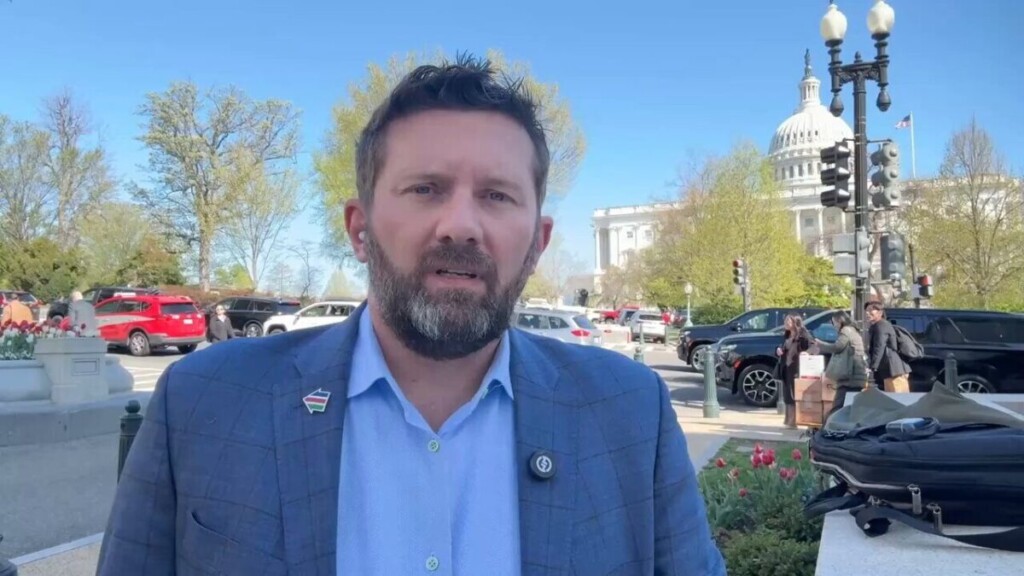Shawn VanDiver, head of AfghanEvac condemned the U.S. government’s decision to end deportation protections for thousands of Afghans, warning that the move could have deadly consequences for those who supported the United States during its 20-year presence in Afghanistan.
“It’s just simply insane to believe that things have changed for the better in Afghanistan for people who have a relationship with the United States of America,” said VanDiver, said. “We owe it to these folks to keep them safe. Now, they’ve been in America for 3.5 years. If we send them back, they are going to die.”
VanDiver’s comments came in response to a decision by the Department of Homeland Security (DHS) to terminate the Temporary Protected Status (TPS) program for Afghan nationals, effective July 12. The program, created under the Biden administration following the Taliban’s return to power in August 2021, allowed thousands of Afghans to live and work legally in the United States while shielded from deportation.
The rollback, announced Monday, has drawn widespread criticism from refugee advocates and members of Congress. DHS Secretary Kristi Noem cited “improved security conditions” in Afghanistan as justification for the move, and said the government had reviewed possible fraud and security risks among program participants.
But critics argue the claim is both politically driven and dangerously out of touch with the situation on the ground.
“There is no meaningful evidence that the security situation has improved for anyone—especially not for those with ties to the United States,” VanDiver said. “We are talking about people who served alongside American troops, worked for U.S. agencies, and championed democratic values. Sending them back now is not just a policy failure. It’s a moral one.”
Rights groups including Amnesty International and Human Rights Watch have warned that former government employees, civil society members, and U.S.-affiliated Afghans remain at high risk of arrest, violence, or worse under Taliban rule. According to the United Nations, over 1.4 million Afghan girls have been barred from education and political repression has intensified, particularly against women and minorities.
For VanDiver and AfghanEvac—a network that has helped coordinate the evacuation and resettlement of Afghans—the rollback of TPS sends a chilling signal.
“This decision betrays the very people we pledged to protect,” VanDiver said. “We must do better.”




